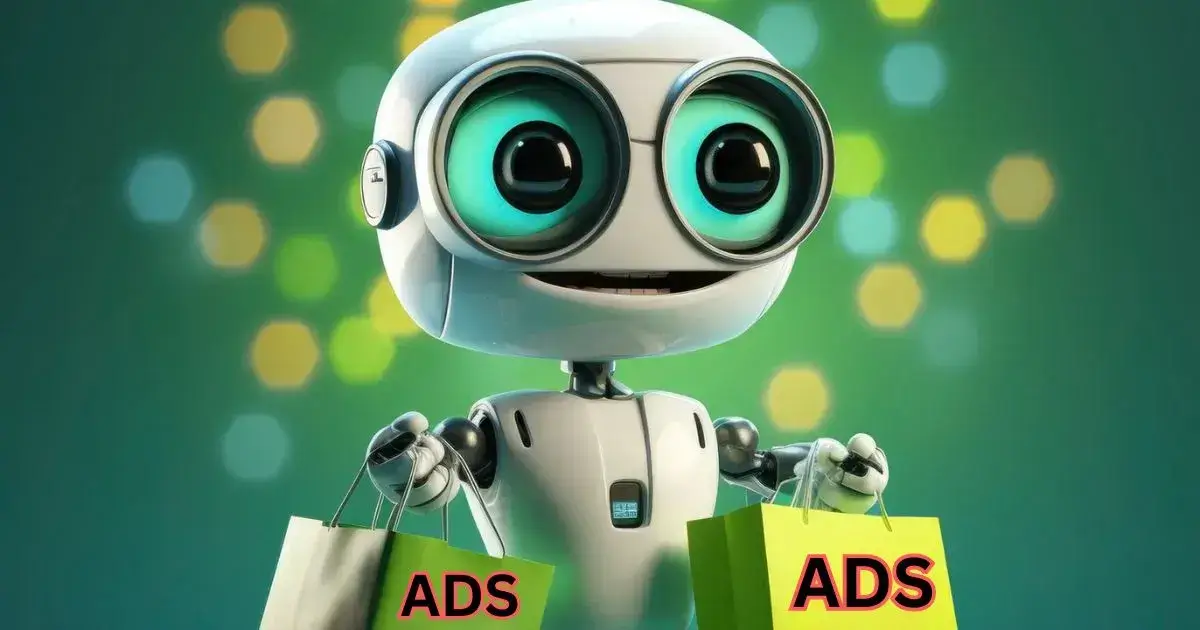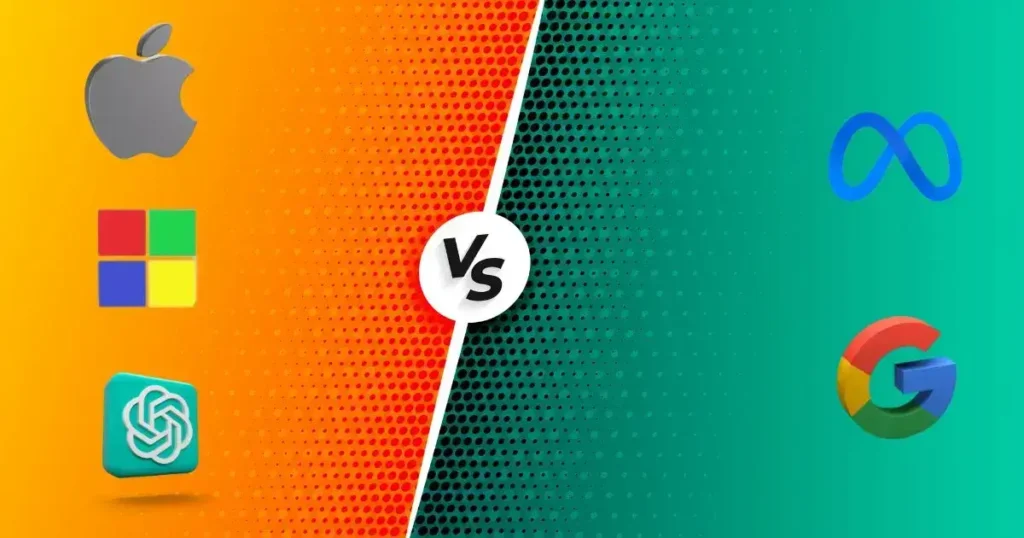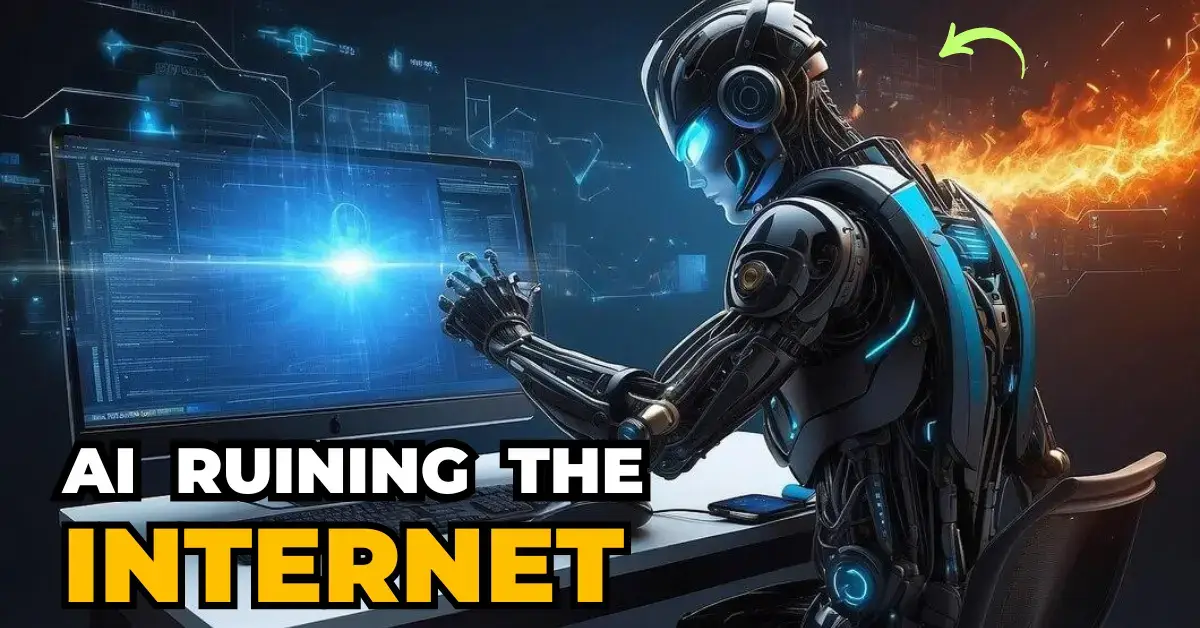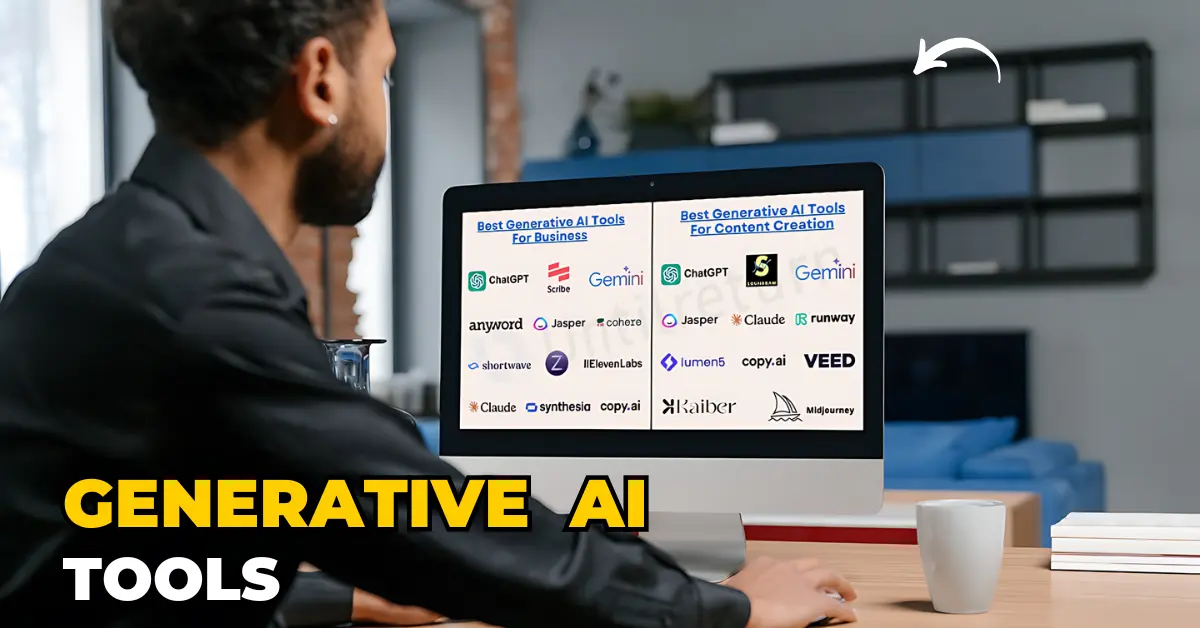Artificial Intelligence, eliminate Advertisements to erase $1 Trillion

Up until now, the majority of discussions surrounding AI (Artificial intelligence) and advertisements have focused on its impact on the demand side.
It’s been highlighted how AI can make it more affordable and convenient for advertisers to create captivating content, albeit at the cost of potential job losses.
Undoubtedly, AI will enhance ad targeting capabilities, leading to an increase in demand.
However, what seems to be overlooked is the colossal threat that AI poses to the supply side of the online advertising industry in the coming decade.
Consider this: Google, Facebook, and TikTok collectively generate a staggering $383 billion in ad revenue by 2023. Furthermore, the entire AdTech industry is valued at a whopping $1 trillion annually.
Astonishingly, just four words have the potential to obliterate this revenue: “AI, no ads please.”
Table of Contents
The key is the inventory, plain and simple
The AdTech industry relies heavily on the availability of inventory, which essentially refers to our attention that is sold by Big Tech through our devices’ pixels and speakers.
The staggering $1 trillion value of this inventory is directly linked to the amount of time all 8 billion humans spend consuming ads each day.
So, how do we manage to consume such a massive number of ads that contribute to this trillion-dollar industry? Well, it all comes down to our desire for exceptional content.
The platforms that provide this content strategically position ads in between, around, before, after, and even within the great content itself. Whether we like it or not, we’re bound to encounter ads.
But if you really think about it, it’s quite peculiar. Most of the content we consume is through our own devices, and we technically own the pixels and speakers of these devices (despite any disagreements from Apple).
So why are they allowing Big Tech to exploit them and place ads wherever they please? It’s a complex situation.
This betrayal is supported by various factors: technical complexities, a lack of regulation, limited interoperability and competition, the influence of Big Tech’s legal teams, the business model of surveillance capitalism, and a significant resource gap between ad platforms and their opponents.
However, the emergence of AI is shaking the foundations of these pillars. AI has the potential to disrupt this betrayal and dismantle the ad inventory system.
And before you dismiss it as a cliche David vs. Goliath story, let us clarify that this isn’t just about small developers creating AI-powered adblockers.
It’s more like a clash between two giants: Apple, Microsoft, and OpenAI on one side, and Meta and Alphabet on the other.

These tech behemoths are at the forefront of the AI revolution, and their actions will shape the future of the AdTech industry.
Read Also – How Sundar Pichai is destroying Google?
Will Artificial intelligence truly dismantle a $1tn industry?
The answer is not definitive. There are various factors that could prevent this scenario from unfolding. Nevertheless, we do believe it is plausible.
Even a plausible AI vs ads scenario poses a significant threat to Meta and Alphabet, both of which currently boasts record valuations. In its weakest form, this scenario could potentially wipe out $100 billion of their value.
Even if the likelihood is just 1%, it is still a matter worth contemplating. However, we personally believe it is much more likely than that.
FAQ’S
How will AI reduce the ads we see?
Artificial Intelligence (AI) is revolutionizing the way we experience online advertisements. With its advanced algorithms and machine learning capabilities, AI is set to drastically reduce the number of ads we see. By analyzing our browsing habits, preferences, and demographics, AI can intelligently filter out irrelevant or repetitive ads, ensuring that we only encounter the ones that truly matter to us. Say goodbye to annoying pop-ups and irrelevant promotions, and say hello to a more personalized and enjoyable online advertising experience!
Who will succeed and who will lose out in the match-up of AI versus advertisements?
In this scenario, the winners are likely to be the consumers, as well as OpenAI, Microsoft, and possibly Apple. These companies are poised to thrive and make significant progress as a result. On the other hand, Meta, Alphabet, and TikTok might find themselves on the losing side, as they may not have the same advantages or opportunities presented to them.
What’s the reason behind OpenAI, Microsoft, and Apple’s desire to decrease the number of ads we encounter?
It’s not guaranteed. However, OpenAI has successfully introduced a model that challenges the notion of free content. People are now willingly subscribing to receive tailored information, without any unnecessary extras.
This shift in consumer behavior, where individuals are willing to pay for direct access to information rather than relying on advertisements, poses a significant threat to Meta and Alphabet. It is crucial to thoroughly analyze the strategies and motivations of these companies to better understand the potential risks involved.






